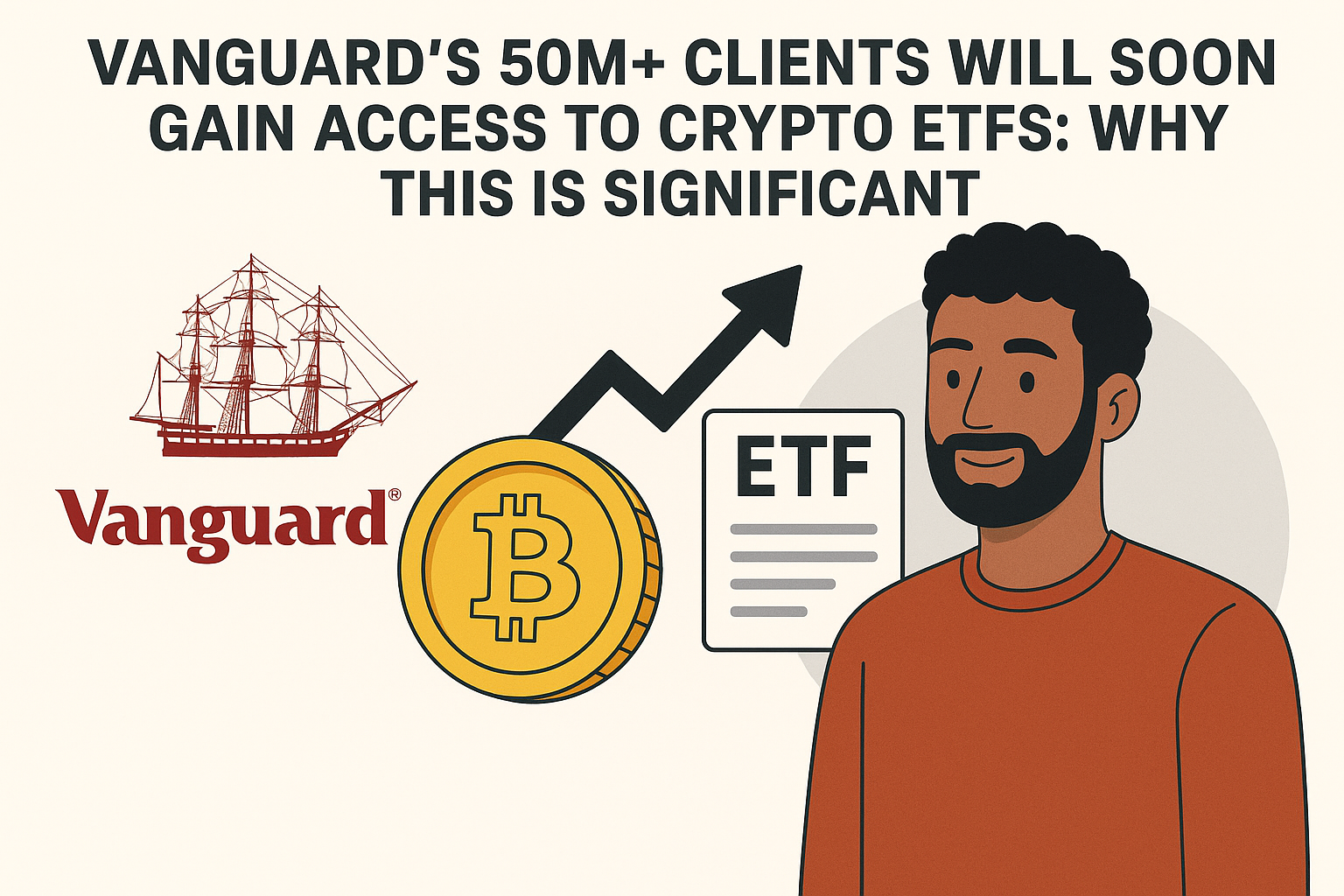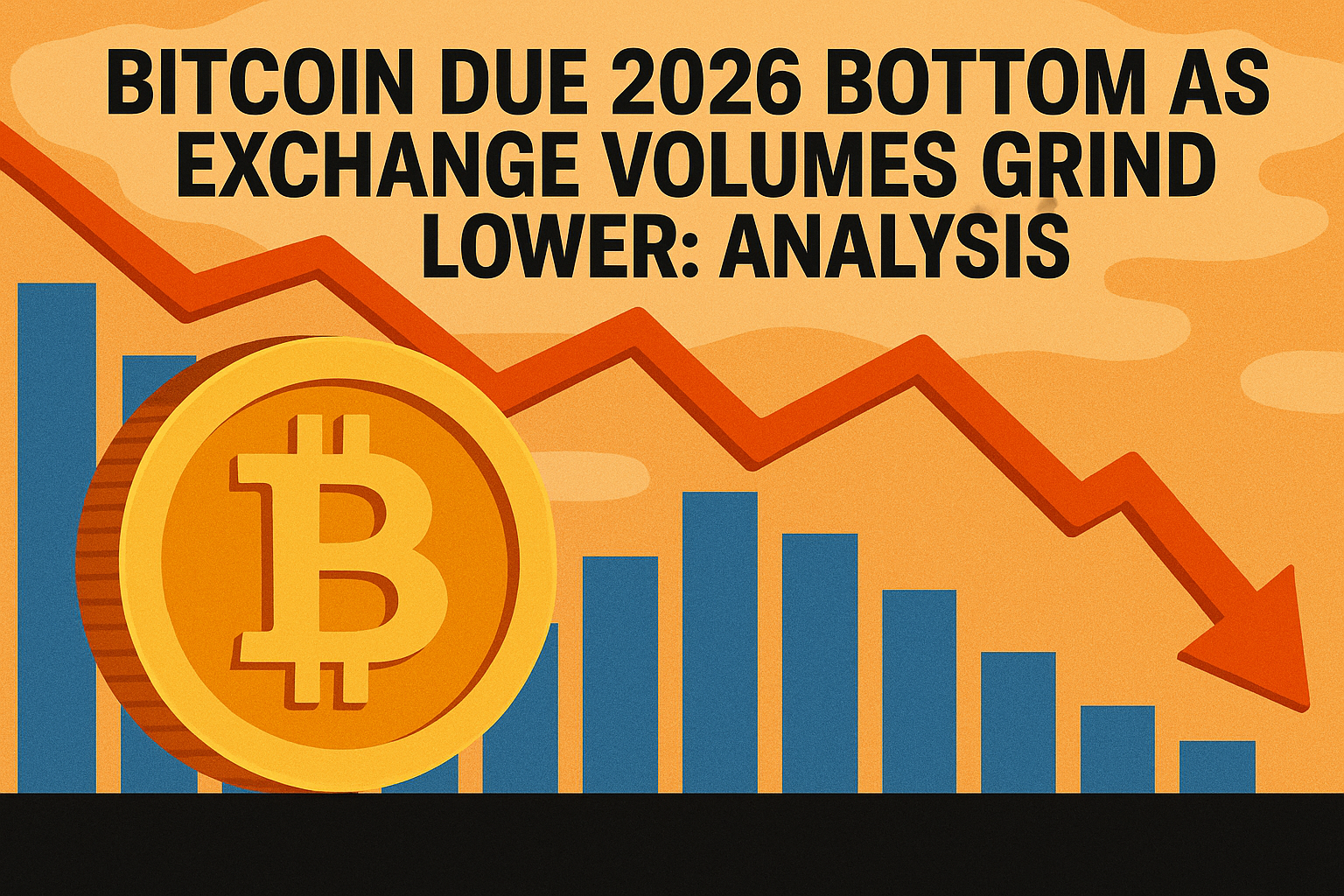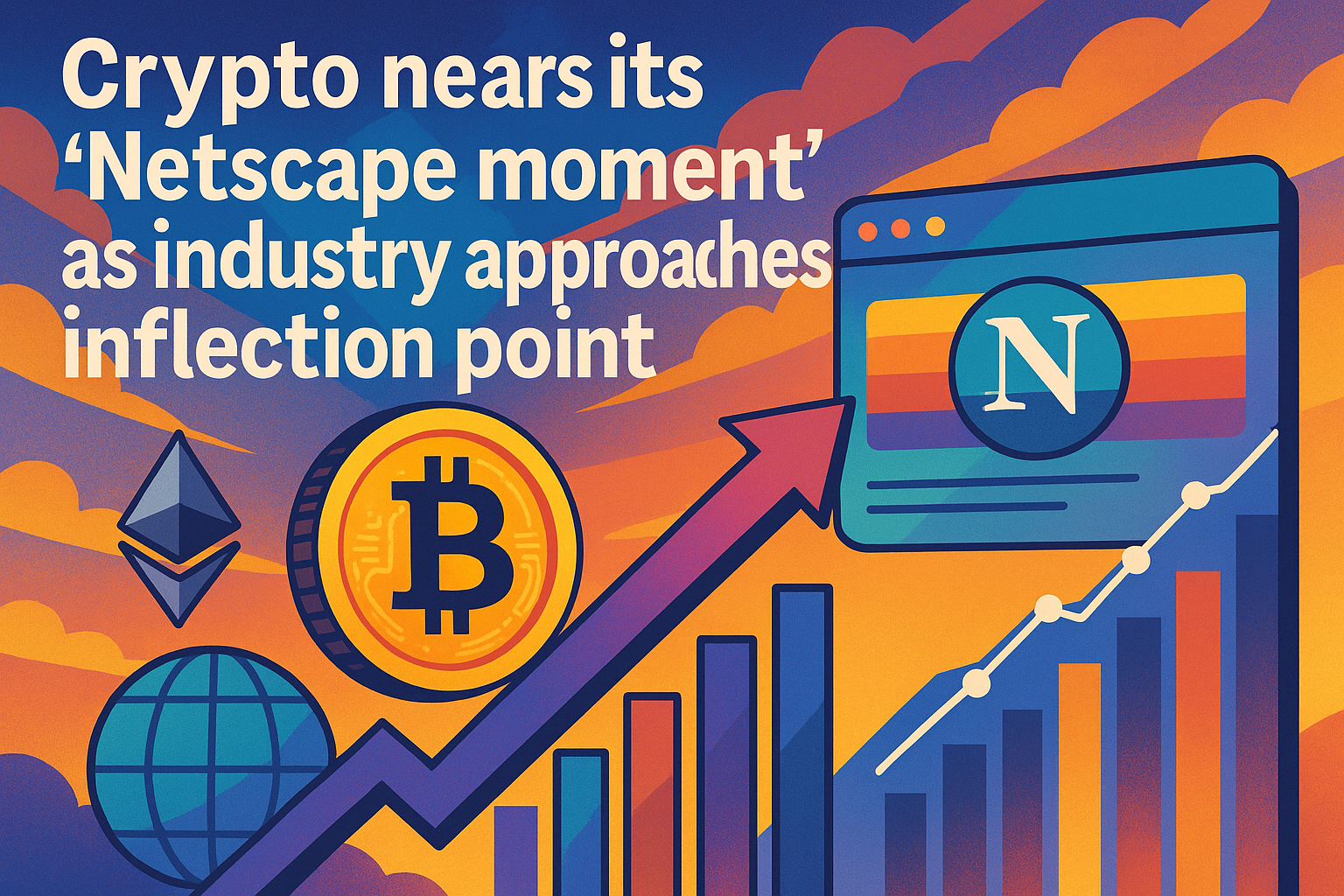Table of Contents
Introduction:
As the value and adoption of cryptocurrencies surge, the importance of robust wallet security and safeguarding your digital assets has never been more crucial. Taking the appropriate steps to protect your crypto wallet can help prevent theft, loss, or damage related to hacking incidents, phishing attacks, or user error.
This in-depth guide will explore the essential elements of crypto wallet security, providing you with crucial best practices, tips, and risk management techniques to safeguard your digital assets effectively. We will delve into topics such as wallet types, private key management, multifactor authentication, phishing attack prevention, and securely backing up your wallet.
By mastering the art of crypto wallet security with Altcoin Investor, you can ensure that your digital assets are well protected, reinforcing your confidence as you navigate the ever-evolving world of cryptocurrencies.

Choosing the Right Crypto Wallet: Evaluating Your Options
Selecting the most suitable wallet for your digital assets is crucial to establishing a secure foundation for your crypto investments.
Wallet options primarily fall into two categories:
- Hot Wallets: Also known as online wallets, hot wallets are typically software-based and require an internet connection to access and manage your digital assets. Examples include desktop, mobile, and web wallets. While hot wallets offer convenience and ease of use, they may be more susceptible to online threats like hacking or phishing attacks.
- Cold Wallets: Cold wallets, also known as hardware wallets, are physical devices designed to store your cryptocurrency offline, reducing the risk of unauthorized access and addressing potential security vulnerabilities associated with hot wallets. These wallets are considered the most secure option for long-term asset storage.

When selecting a wallet, it's essential to evaluate the security features, convenience, accessibility, and potential risks associated with each option, tailoring your choice to your unique investment needs and preferences.

Private Key Management: Safeguarding Access to Your Assets
At the heart of crypto wallet security lies the effective management of your private key – a unique alphanumeric string that grants you control and access to your digital assets.
- Generate and Store Private Keys Securely: Ensure that your wallet generates private keys securely, typically using a process known as cryptographic hashing, and stores them in a protected and encrypted environment.
- Never Share Your Private Key: Treat your private key like a password to your bank account; never share it with anyone or disclose it online. Unauthorized access to your private key can result in the loss of your digital assets.
- Secure Backups: Regularly backup your private key and store copies in multiple secure locations, such as an encrypted hard drive or even a physical piece of paper hidden in a safe place. This will ensure that you can recover your wallet and assets, even in the event of device failure or accidental loss.
Enhancing Crypto Wallet Security: Best Practices and Precautions
Adopting a range of best practices and precautions can measurably strengthen your crypto wallet security, forming a solid line of defense against potential threats:
- Multifactor Authentication (MFA): Implement MFA, often using a combination of passwords, security tokens, and biometric data, to ensure that accessing your wallet requires verification through multiple layers of security.
- Regular Updates: Keep your wallet software and any related applications up to date, as the latest versions often contain crucial security patches and feature enhancements.
- Use Strong and Unique Passwords: Choose a strong, unique password for accessing your wallet, combining a mix of uppercase and lowercase letters, numbers, and special characters. Avoid using easily guessed information, such as birthdays or common phrases, and never reuse passwords across multiple platforms.
- Beware of Phishing Attacks: Stay vigilant against phishing attacks, which involve fraudulent emails or websites posing as legitimate sources to trick users into revealing sensitive information, such as wallet addresses or private keys. Always double-check the authenticity of any communications or links before clicking or entering your personal information.
Crypto Wallet Security for Advanced Users: Going the Extra Mile
Further, bolster your crypto wallet security by embracing additional protective measures tailored for advanced users:
- Multi-signature If possible, dedicate a specific device, such as a separate computer or mobile phone, exclusively for managing your crypto wallet. This minimizes the risk of exposing your wallet to viruses, malware, or other security breaches.
- Explore Multisignature Wallets: A multi-signature (multi-sig) wallet requires approval from multiple private keys to authorize transactions, adding an extra layer of security. Multisig wallets are ideal for investors looking to distribute control and risk across multiple parties or devices.
Safeguard Your Digital Assets with Confidence and Altcoin Investor
Mastering crypto wallet security and protecting your digital assets are fundamental aspects of successful cryptocurrency investing. By choosing the right wallet type, managing your private key effectively, and adopting a range of best practices and advanced measures, you can fortify your defenses against potential threats and ensure that your investments remain secure.
Stay informed, elevate your crypto wallet security, and gain an edge in the world of cryptocurrencies with Altcoin Investor. Subscribe to our platform for the latest news, expert analysis, and comprehensive resources designed to empower your investment decisions and help you achieve long-term success in the vast and ever-evolving crypto market.








